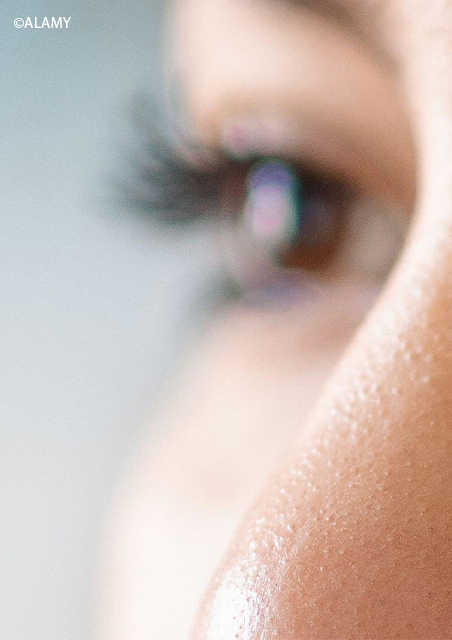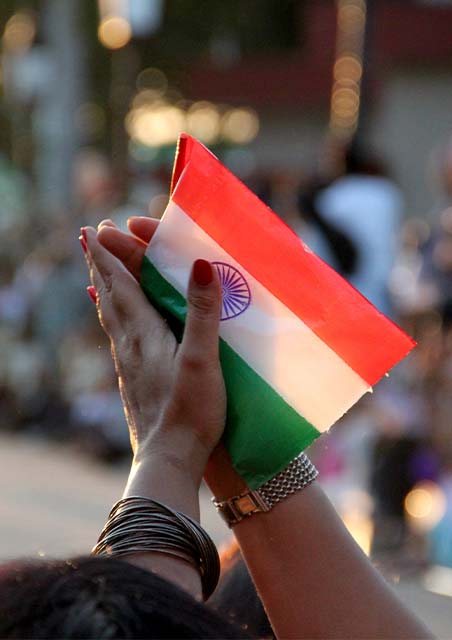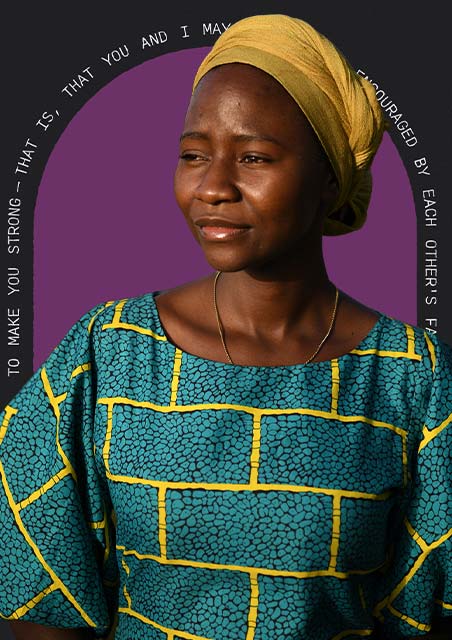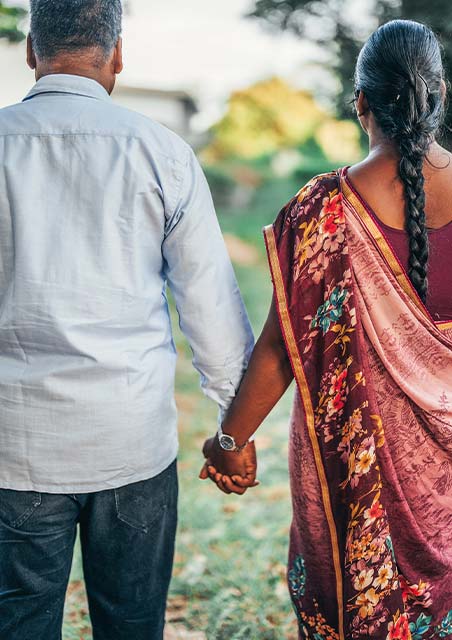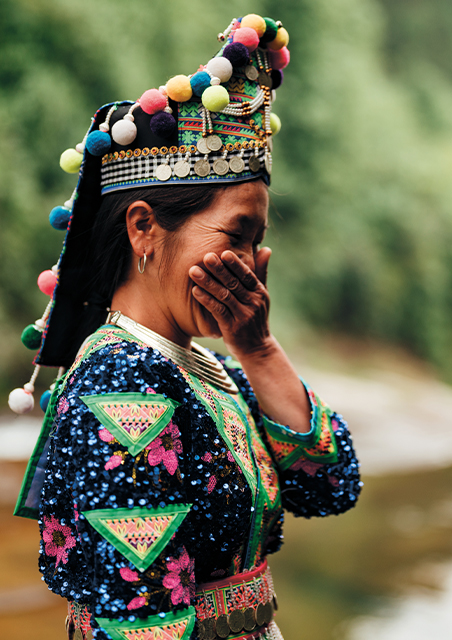“They testify that it was only by the grace of God that they survived”: an interview with a Nigerian trauma counsellor
Patience*, a trauma counsellor at an Open Doors centre in Nigeria, explains what trauma care entails and how God meets with kidnapped women and girls.
14 April 2020 marks six years since Boko Haram attacked the state secondary girls’ school in Chibok, north eastern Nigeria, and kidnapped over 220 girls. Today, 112 remain in captivity. Sadly, the group’s horrific Islamisation through attacks, kidnapping and abuse did not begin and end with the Chibok incident. It continues today, with the group still enslaving countless numbers of people. Open Doors partners have been offering emotional and practical support to many women and girls who have survived abduction by Boko Haram.
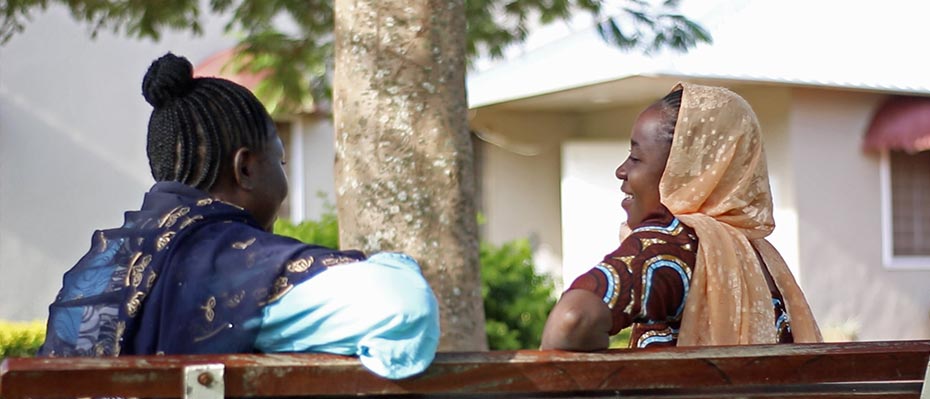
Patience speaking with a woman attending trauma counselling, northern Nigeria
In this interview, Patience* explains what her work as a trauma counsellor entails and the change she has seen in women and girls.
What does your trauma counselling work involve?
In the beginning, I focused more on general trauma counselling. Then we began noticing how many women escaped from the Boko Haram camps and trying to reintegrate into their community. Unfortunately, most of the women returned severely traumatised, struggling to cope with everyday life and unable to adjust back into their community. That’s when we decided to offer trauma healing seminars specifically for abducted women. We help women that were kidnapped by the Fulani militants as well. The majority of women, however, are those that escaped Boko Haram.
What do you do during the seminars?
The women all share similar experiences, so we can treat them in groups. We bring the women to Jos for a week and work through a program developed to help them deal with every aspect of the trauma they experienced in and after the camps. These women were violently taken from their families and homes, sexually abused, forced into marriages and religious conversion; many also have children.
Some even experience more trauma on their return – they are rejected by their families and communities; they are called names. It’s a lot of pain for someone to deal with – we teach them what to do with all this hurt.
How do the women describe their lives in captivity?
The women that attend the trauma care seminars feel safe to share the true story of their experiences in the group, because they are surrounded by women that share their pain. They don’t feel judged or rejected.
In the Boko Haram camps are rooms, and each room is packed to capacity. There’s no ventilation. No windows. It’s a prison for those that refuse to convert to Islam. They are kept there for years at a time; they live in constant fear of being beaten or raped and even killed. To further humiliate these women, their captors will go so far as stripping them naked and raping a woman right there for everyone to see. Others are forced to work as slaves and if someone is sick, they are denied medication.
How are these women able to survive such horrific circumstances?
Most of them testify that it was only by the grace of God that they survived. They say that when they prayed, God just gave them the strength. One of the women told us that she was forced to become a Muslim but when she prayed, she didn’t do the salat, she instead prayed to Jesus. Her captors noticed that she was not praying the way she was supposed to and began monitoring her. They found out she was in fact praying to Jesus, so they beat, raped and finally locked her up in a cave. By grace, her prayers were answered. One of the leader’s wives took mercy on her and helped her escape.
The women say they know it wasn’t their own strength or wisdom that helped them survive. They know it was God helping them. He changed people’s minds or attitudes. Their faith and what they learnt before being kidnapped helped them to keep going.
What are some of the biggest obstacles these women face on their return home?
All the women experience rejection to some degree. Some, like Ruth, are even rejected by members of their families. If they go outside, they are called names and mocked, they feel humiliated. The most horrific things were done to them and they witnessed horrible things too. You can’t simply erase that kind of hurt. It takes time.
The women also tell us they feel rejected because so few people in their family and community have compassion for what happened to them. They simply don’t want to hear their story. During the seminars, we see a great deal of women that have depression and anxiety. They tell us they feel defiled and they hate themselves. The whole situation feels hopeless to them, especially for the younger women that were hoping to get married. They think who would want to marry them after everything that happened to them?
Our culture makes it difficult for these women to process their trauma. If something painful happens to a person, they carry shame with them, and it isolates them. It’s not only shame about the kidnapping, they feel ashamed about converting, being raped and the babies they have too. The children are the evidence of what happened to them.
How do the trauma care seminars help the women?
Prayer plays an important part in helping the women work through their pain. It gives them the courage to open-up. As a counsellor, part of my job is to make them feel safe and valued. They need to experience God’s love and care through the work we do. Even if the world doesn’t love or care for them.
Our help extends past the trauma care seminars. We follow up with the women afterwards. We help to find them homes if they can’t return to their family. We help them find jobs so they can support themselves. If they need to gain skills or schooling, we get them enrolled. Many of them were taken when they were only starting their education, so they have missed many years of schooling. All these things help instil a sense of self-worth.
Forgiveness is a difficult concept, even for people that have not experienced something so traumatic. What role does forgiveness play in these women’s lives and the healing process?
Forgiveness is a key aspect in trauma healing. These women not only have to forgive those that have wronged them like the soldiers, their family and community. They also need to forgive themselves. They carry the shame and guilt of something that was not their choice with them.
One such example is Charity. She came to the trauma care seminar and was extremely aggressive. She felt everyone hated her and projected it back onto the people around her. Her guard was always up, always ready for a fight even if you didn’t intend to fight with her.
During one of the sessions we spoke about forgiveness and how it can help you heal. Forgiveness is not so much about freeing the perpetrator as it is about freeing the victim. Charity realised she had to forgive her husband for mistreating her when she returned. Since her arrival she had not spoken to him, but after that session she asked us if she could call him.
Her whole attitude changed afterwards. Her husband experienced it as well when she went home. Charity began to share what she had learned in Jos with her husband and he started reading the book she was given. It impacted him too. Their relationship improved each day. Last year we received a call from Charity, she told us that she and her husband reconciled, and she was expecting twins.
Please pray
- That Open Doors trauma centres in Nigeria would help women and girls heal from their traumatic experiences and receive God’s love
- For all women and girls who are still held captive by militants – that they would know God’s grace and comfort
- For families of released women to receive them with joy and to recognise that the women should feel no shame.
*Name changed for security reasons
**It costs £346 to provide care that addresses healing in all areas of her life
